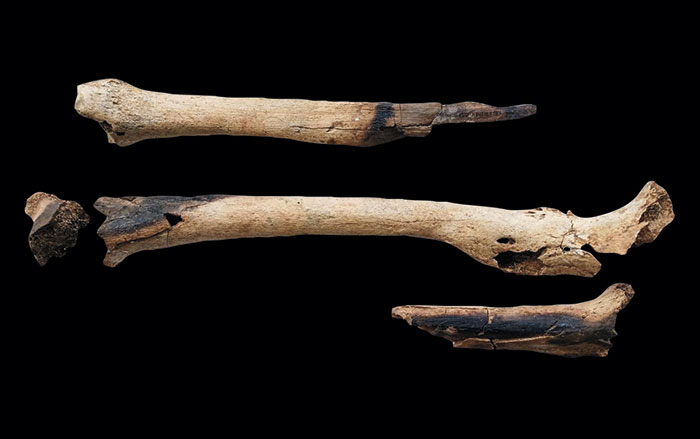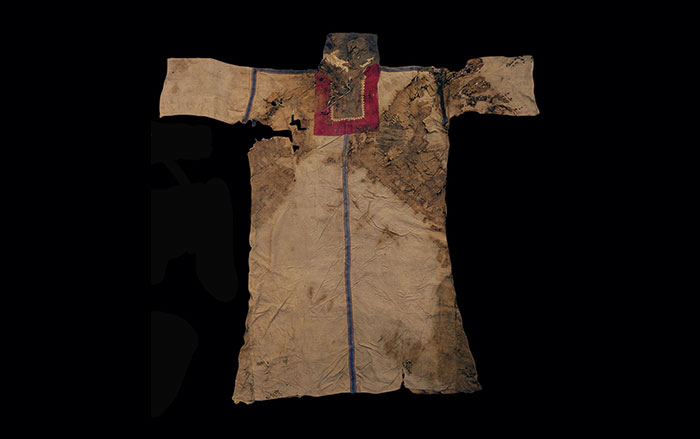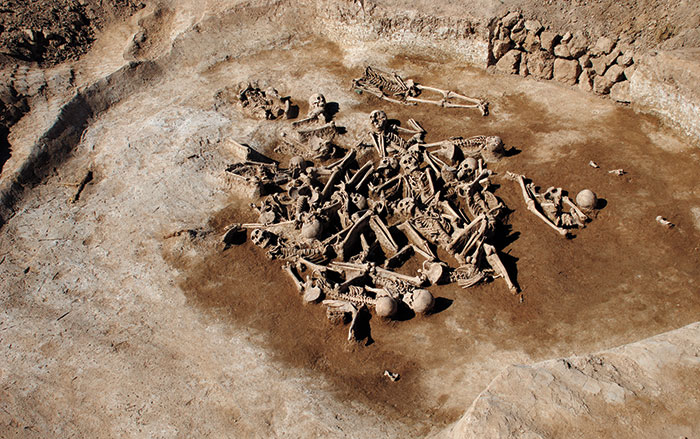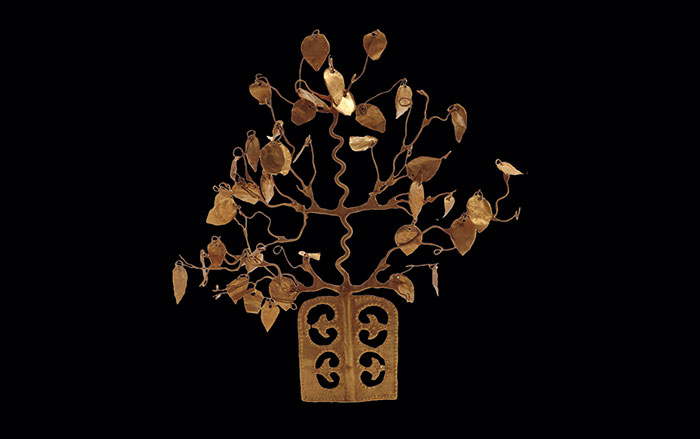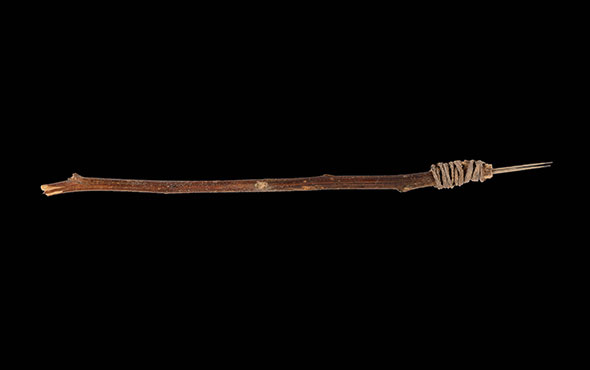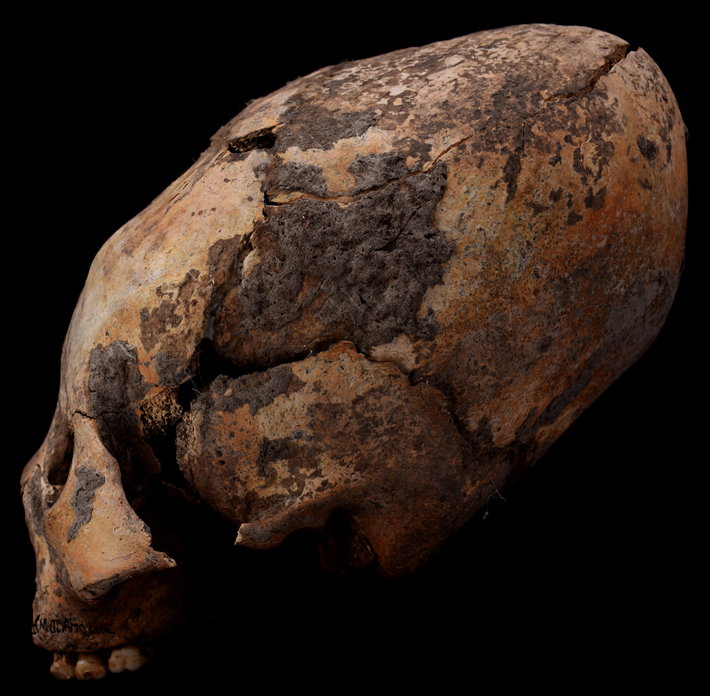
DALLAS, TEXAS—Science News reports that evidence of skull shaping dating back perhaps as long as 12,000 years ago has been discovered at an archaeological site in northeastern China. Bioarchaeologist Quanchao Zhang of Jilin University and paleoanthropologist Qian Wang of Texas A&M University College of Dentistry said 11 of the 25 sets of human remains unearthed at the site of Houtaomuga had skulls with artificially elongated braincases and flattened bones at the front and back of the head. The skeletons range in age from 12,000 to 5,000 years old. Numerous grave goods included with the burials of the men, women, and children suggest they may have been high-status individuals. Shaped skulls dating back from 13,000 to 10,000 years ago have also been found in western Asia and southeastern Australia. “It is too early to tell whether intentional cranial modification first emerged in East Asia and spread elsewhere or originated independently in different places,” Wang said. To read about evidence of cranial modification found in Peru, go to “A Mark of Distinction.”


